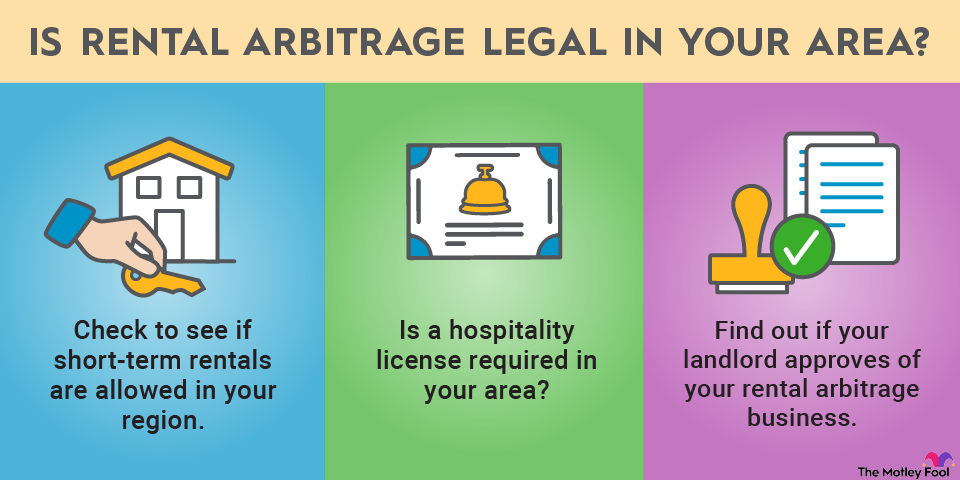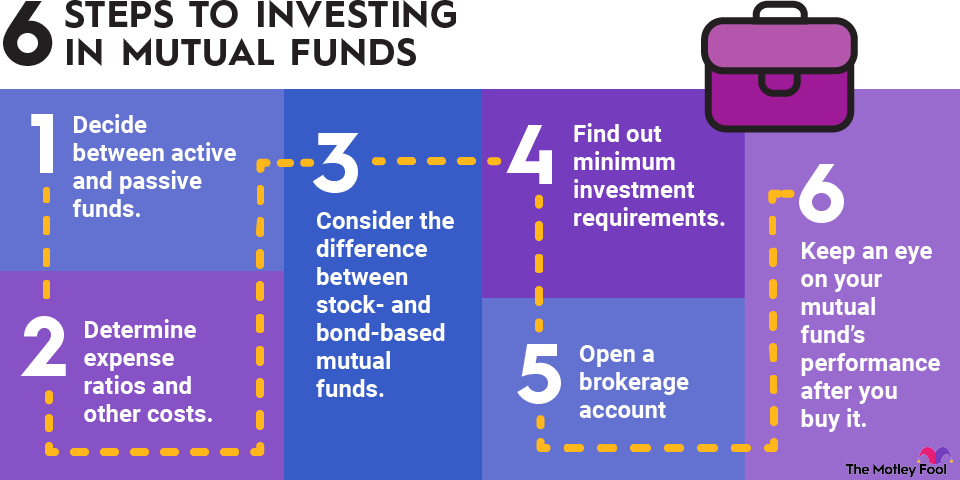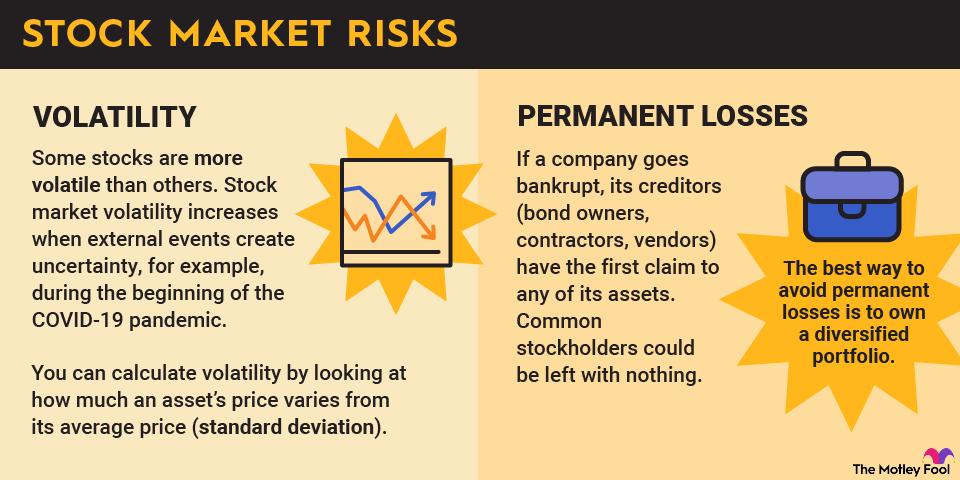Rental arbitrage is a real estate investing strategy that capitalizes on the difference between long- and short-term rental rates. Instead of buying a property to capitalize on the growing short-term rental market, an investor will lease it and then sublease it to short-term renters.
Let's explore rental arbitrage, its pros and cons, and how to determine if it's the right investment strategy for you.

What is rental arbitrage?
Rental arbitrage is a real estate investment strategy designed to take advantage of different prices for the same asset.
For example, a landlord has a two-bedroom apartment in a high-traffic city like New York or Los Angeles and is struggling to find long-term tenants. An investor (possibly you) rents the apartment below market rate and then puts it up on vacation rental platforms such as Airbnb (ABNB +0.17%) or VRBO trading under the Expedia Group(EXPE -0.64%) and collects the difference in rents.
That makes the strategy much more accessible for beginning real estate investors who don't have a lot of capital to invest.
However, it's important to note that while rental arbitrage can be very lucrative, it's only legal if the local governing bodies (municipality and property owners' association) permit short-term rentals. In addition, the landlord must allow the tenant to sublease the property.
Understanding the costs of rental arbitrage
Rental arbitrage is a relatively straightforward concept. It's a strategy to make money on the difference between what a property rents for on the long-term market and its rental income potential on the short-term rental market.
The up-front cost for this property is relatively modest compared to the investment required to purchase the property. It would include a damage deposit, one month's rent, and other start-up costs, such as furniture and decor. Depending on the property, those expenses could range from a few hundred to several thousand dollars. However, with the lower investment, rental arbitrage can generate very high returns on capital.
Rental arbitrage for landlords
Most landlords want to earn passive income from real estate. Rental arbitrage can enable a landlord to achieve this goal by signing a long-term lease for their property with another investor who intends to capitalize on the short-term rental market.
That allows the landlord to achieve their aim of generating steady rental income from a long-term tenant without worrying about vacancy rates and finding new tenants every year.
Rental arbitrage for tenants
The rental arbitrage method capitalizes on a landlord's desire to be a passive real estate investor. They're usually willing to take less rent to lease a property long-term than they could earn on the short-term rental market. That's because it's a much more active strategy with more in common with the hospitality industry than real estate investment.
Short-term rental operators must manage a constant flow of guests that they need to keep satisfied. They also need to schedule and manage cleaners. Meanwhile, the income is much more volatile since external factors such as the weather, seasonality, and the economy can affect demand and pricing.
Pros and cons of rental arbitrage
Pros for landlords
- It fills a rental with a long-term tenant.
- It provides a more stable rental income stream than a short-term rental strategy.
- It's a more passive investment strategy.
- It can reduce the overall vacancy rate if the tenant is successful and continues renewing the lease.
- The landlord may charge a higher rental rate or participate in some arbitrage upside.
Cons for landlords
- An increased risk of damage.
- An increase in the wear and tear on the property, likely to lead to higher maintenance costs.
- Inability to screen every guest.
- There's the potential for seasonality or other issues affecting the tenant's ability to make their rental payments.
- The potential for increased legal liability.
- The potential for guests to cause problems with the neighbors, property owners' associations, or municipalities.
Pros for tenants
- There's no need to purchase a property.
- Relatively low start-up costs.
- Relatively easy to get started.
- They can use the property when it isn't booked.
- There's a minimal property-related risk since the landlord is responsible for maintenance and repairs.
- Limited business-related risk because a tenant can either sublease or not renew the lease if the property isn't generating enough income to cover the costs.
- It offers the ability to quickly scale the business due to low costs and technology.
- There's the potential to earn high returns on investment.
- It offers the ability to build income for other investments.
Cons for tenants
- Seasonality and other issues can affect bookings and profits.
- Increased responsibilities to manage the business and the property's condition.
- Rent and other recurring expenses, such as furniture rental fees, are due each month even if there are no bookings.
- The potential for eviction if you don't pay the rent.
- The tenant is responsible for any damage their guests cause to the property.
- Potential for a loss of business if a municipality or property owners' association bans short-term rentals.
Related investing topics
Is rental arbitrage right for you?
Rental arbitrage can be a worthwhile and mutually beneficial investment strategy. It can enable a beginning investor to start in the short-term rental market for a relatively low up-front cost. The short-term rental arbitrage method can help them quickly increase their capital to pursue other real estate investments. Meanwhile, it can provide a landlord with a long-term tenant for their property.
However, rental arbitrage increases risk and the workload for the landlord and the tenant. It's not for everyone. Both parties must do a lot of due diligence to ensure rental arbitrage is the right strategy for their specific circumstances.





















